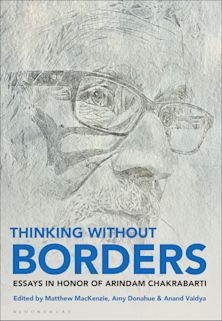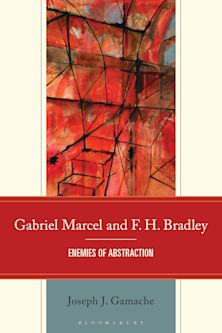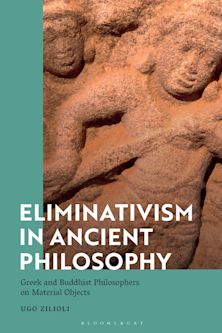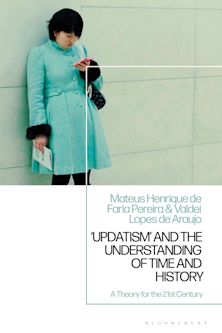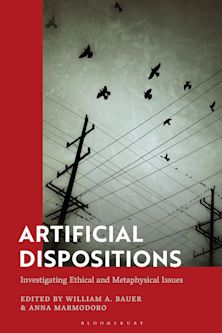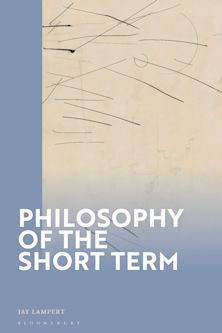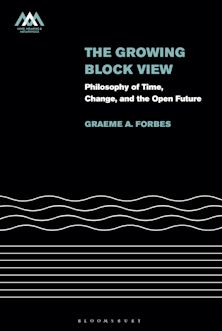Remains of a Self
Solitude in the Aftermath of Psychoanalysis and Deconstruction
Remains of a Self
Solitude in the Aftermath of Psychoanalysis and Deconstruction
This product is usually dispatched within 1 week
- Delivery and returns info
-
Free US delivery on orders $35 or over
Description
From the twentieth century in the twenty-first, psychoanalysis and deconstruction have challenged, and continue to challenge, our conceptions of subjectivity and selfhood. Psychoanalysis revealed that even in our innermost households we are never quite alone; rather, instances of “otherness” incessantly interfere in our most intimate relation to ourselves, forcing us to adapt continuously. Deconstruction, inheriting both this psychoanalytic disclosure and Heidegger’s destruction of the history of metaphysics, went to the foundations of the Western constructions of “the subject” and “the self,” only to find how a destabilizing otherness was always already haunting them. What, if anything, remains of the self in the aftermath?
Early on in the wake of deconstruction, a certain misconceived and simplified notion of the “death of the subject” was proclaimed and in recent years more or less successful attempts have been made at reviving the notions of “the subject,” “the self,” and “agency.” In contrast to these attempts at revival, this book offers a two-pronged approach: On the one hand, it argues that neither psychoanalysis nor deconstruction propounds a simple annihilation of the subject or liquidation of the self; on the other hand, however, neither do they pave the way for a “return to the subject” or “resurrection of the self” that would allow us once again to become confident about our presence to ourselves. Instead, this book suggests that if we set ourselves the task of taking up the heritage from psychoanalysis and deconstruction in a serious manner, we are obliged to retrace the subject and the self as undergoing perpetual auto-deconstruction.
Table of Contents
Chapter One:The Solitude of not being able to be Alone
Chapter Two:The Solitude of Dependency
Chapter Three: The Solitude of Boredom
Chapter Four: The Solitude of the Impersonal
Chapter Five: The Solitude of Unhomeliness
Chapter Six: The Solitude of Dissolution
Bibliography
Index
Product details
| Published | Jun 29 2021 |
|---|---|
| Format | Hardback |
| Edition | 1st |
| Extent | 324 |
| ISBN | 9781538153352 |
| Imprint | Rowman & Littlefield Publishers |
| Dimensions | 9 x 6 inches |
| Series | Philosophical Projections |
| Publisher | Bloomsbury Publishing |
Reviews

ONLINE RESOURCES
Bloomsbury Collections
This book is available on Bloomsbury Collections where your library has access.

















